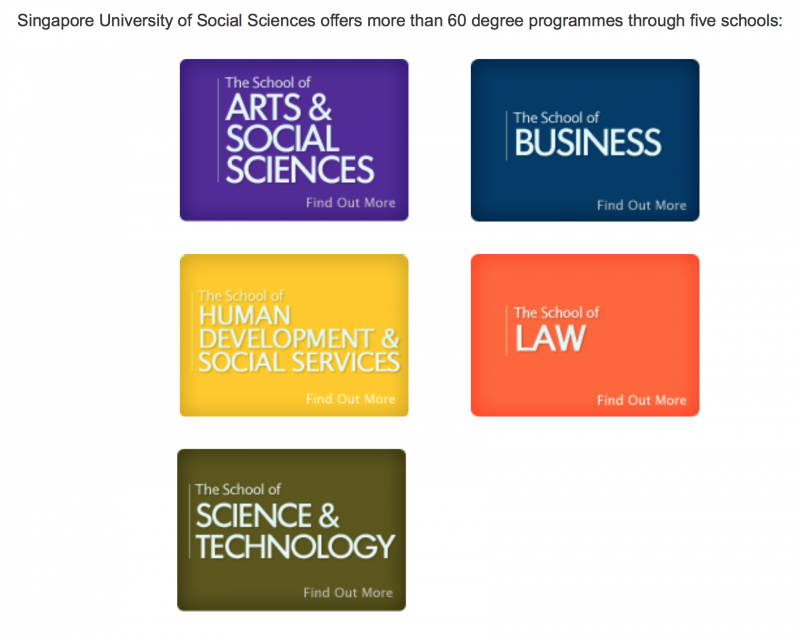SIM University, recently renamed the Singapore University of Social Sciences (SUSS), is set to ramp up its full-time degree courses and places, with numbers rising from the current annual intake of 580 students to 1,000 in a few years.
The university, which became Singapore’s sixth autonomous university, will expand the number of places for its popular courses such as business analytics and early childhood education.
It will also add more social science-related degrees in areas such as urban studies and environmental studies. But even as it expands its full-time degree offerings and places, it also aims to be the university of choice for working adults.
SUSS president Cheong Hee Kiat said that, despite the growing number of full-time students, which stands at 890, the university’s mainstay is the army of 13,200 part-time students enrolled in 60 part-time courses, ranging from counselling to accounting.
The university receives more than 5,000 applications a year from working adults and mature students who want to pursue a degree.
Communications, logistics and supply chain management, early childhood education, social work, and building and project management are among the courses that continue to draw students.
More than 400 people applied for the 60 places in its law school, which began running its courses in January to train criminal and family lawyers.
Professor Cheong expects demand for its part-time degree courses to remain healthy over the next few years, partly because of the SkillsFuture initiative, which encourages workers to update their skills. “The majority of them want a degree to further themselves in their careers or to make a switch. The university offers them a flexible path to work and study for a degree at the same time,” he added.
He said most of the part-time students have three to five years of work experience and attain their degrees in four to five years.
With a foundation laid by SUSS’ predecessors – SIM University and the Open University Degree Programme – he said it has used online learning to let working adults progress at their own pace.
He said SUSS will also expand its offerings for adult learners. It will work with the SkillsFuture Singapore Agency and companies to develop industry-relevant courses and create content that supports the upgrading of industries.
SUSS’ other area of focus – social sciences – will not be confined to those in the field. Prof Cheong said there will be an infusion of social sciences in other degrees such as business or engineering.
“In civil engineering, for example, besides the technical aspects of putting up a new bridge or building, we want our students to consider the social impact as well. How will it impact the people living in the vicinity?”
Students interviewed said they hoped SUSS will continue to ensure that its courses are relevant and recognised by the industry. Many of its 60 courses are accredited by professional bodies.
The students welcomed the move to convert SUSS into an autonomous institution, saying this will boost recognition of its degrees.
Full-time accountancy student Tan Jun Cheng, 24, hoped that with more funding and resources, SUSS will be able to offer more programmes. “I would like to see more entrepreneurship programmes and stints that will give us more industry exposure.”


